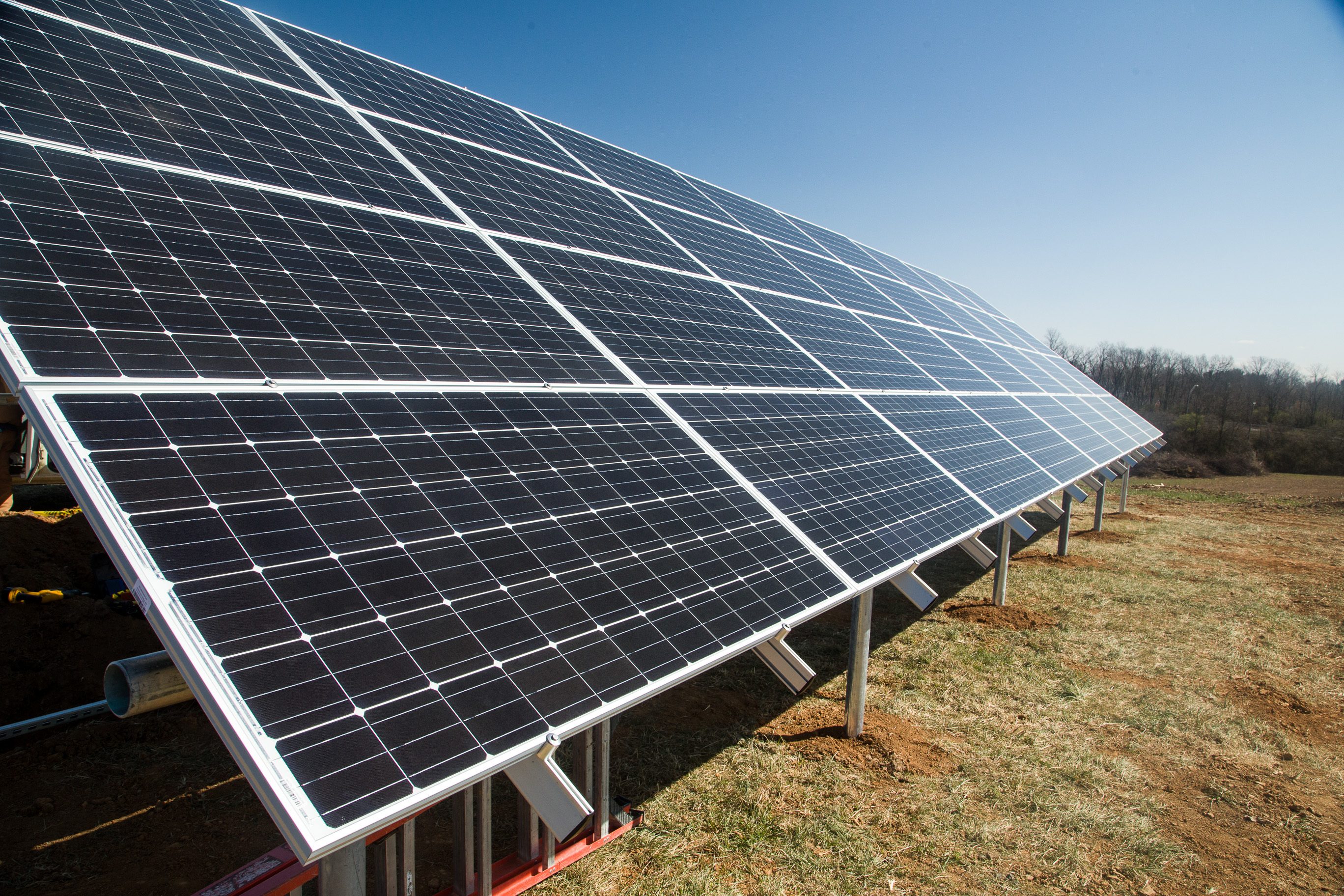UK researcher wins prestigious award for study about how energy production affects people
UK researcher wins prestigious award for study about how energy production affects people


A University of Kentucky researcher recently received the National Science Foundation’s Senior Research Award in Cultural Anthropology for her study comparing the social dynamics and governance of renewable energy and conventional mining.
Karen Rignall, an associate professor in the Department of Community and Leadership Development in the College of Agriculture, Food and Environment, earned the $360,000 grant to study how local and corporate governance works for a utility-scale solar farm and a copper mine in Morocco. The findings will have direct ties to similar circumstances in Eastern Kentucky.
“This is a really big win for a cultural anthropologist,” said Rignall. “This award is one of the largest you can receive for my discipline.”
The primary objective of the NSF Cultural Anthropology Program is to support fundamental, systematic anthropological research and training to improve understanding of the causes, consequences and complexities of human social and cultural variability.
Rignall says that one of her primary objectives with the project is to compare the ways solar farms and copper mines are governed and implemented by local authorities and how those choices affect the area’s citizens. With her findings, she hopes to draw comparisons between renewable energy’s effects on Moroccans with how coal mining impacted Eastern Kentuckians.
“The goal is to really think about how we do a renewable energy transition from traditional fossil fuels in a way that doesn't just reproduce the kinds of negative effects for environments and people in these places,” she said. “A renewable energy plant may have wonderful overall impacts by bringing carbon free or low-carbon energy. However, if it has regional impacts that actually worsen the climate crisis for people who live there, or it deprives citizens of their rights or also kind of exports wealth without meeting their needs, then it's not really a just or equitable transition.”
Rignall said she sees some of the same dynamics that happened in mining and other types of conventional forms of fossil fuel extraction happening in the renewable energy business. Her goal is to try and identify the ways that people will relate to the dynamics and see how they can engage and shape the future of projects like a solar farm.
Examples of some of these dynamic forces include any changes to tax systems and regulatory agencies. She said, just like in Morocco, Eastern Kentucky experiences uneven effects for different people.
“Regional governments are often very focused on securing the fate of the project and making sure that the revenue systems are set up to support the company involved and less worried about local residents really sharing and having a voice in the project,” Rignall explained. “In both locations, a lot of people don’t see the benefits in renewable energy because it’s got fewer jobs than coal ever did. There are no more revenues or benefits coming into the county and part of that is because local residents aren’t really brought in as kind of equal participants in these projects. Environmentally and economically, there are decades of low investment in our coal-field communities.”
Due to these reasons, Rignall indicates that the areas aren’t able to procure long-term investments because of a lack of funding. A big challenge in Central Appalachia has been a lack of reinvestment back into coal communities to maintain infrastructure and economic development.
“This happens often in resource-dependent economies and there are many reasons why that may be true at the local, regional, state and national levels,” Rignall says. “Part of the goal of our project is to determine the reasons for this lack of investment and for the disproportionate poverty in resource extraction zones. The reasons will vary from place to place to a certain extent but are there commonalities in how mining or utility-scale renewable energy projects affect local governance, revenues or investment patterns? We hope to have one answer for this in Morocco and be able to provide generalizable insights about these local and regional dynamics.”
Research reported in this publication was supported by the National Science Foundation under Award Number 2116799. The opinions, findings, and conclusions or recommendations expressed are those of the author(s) and do not necessarily reflect the views of the National Science Foundation.
Community & Leadership Development Extension Research

